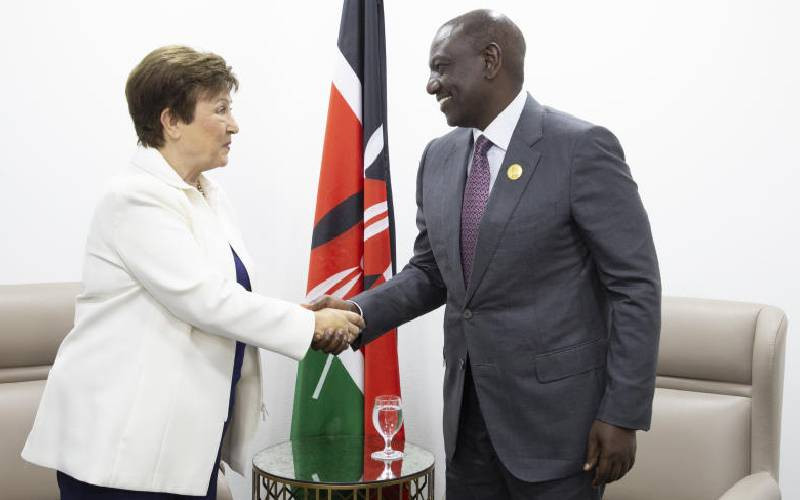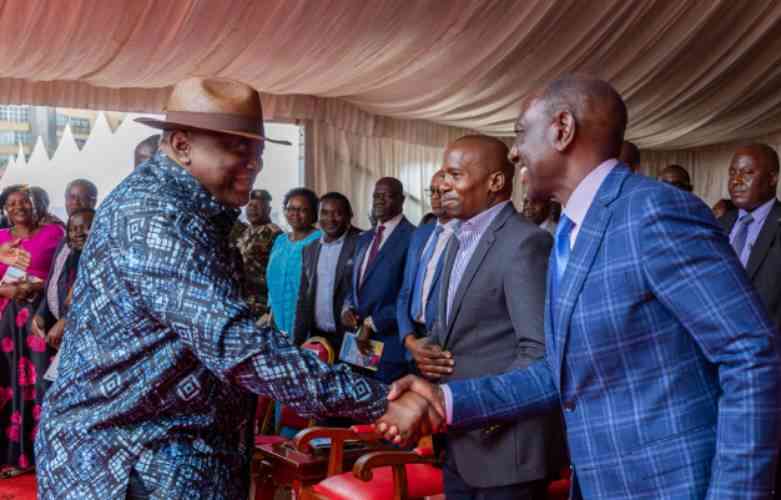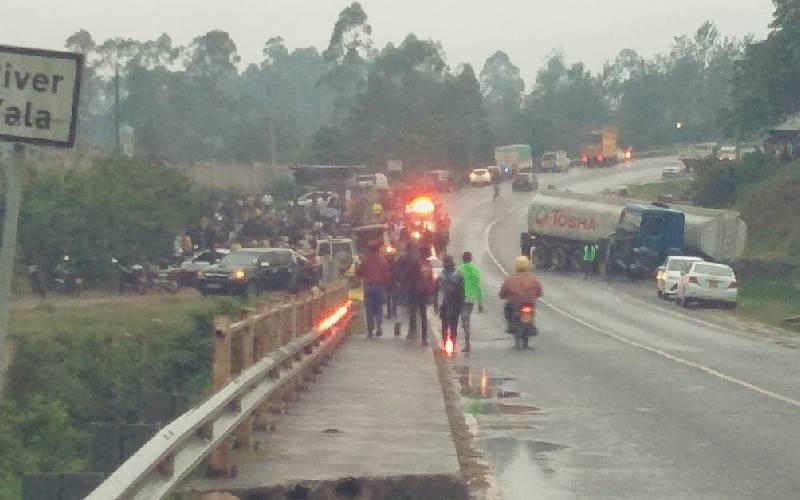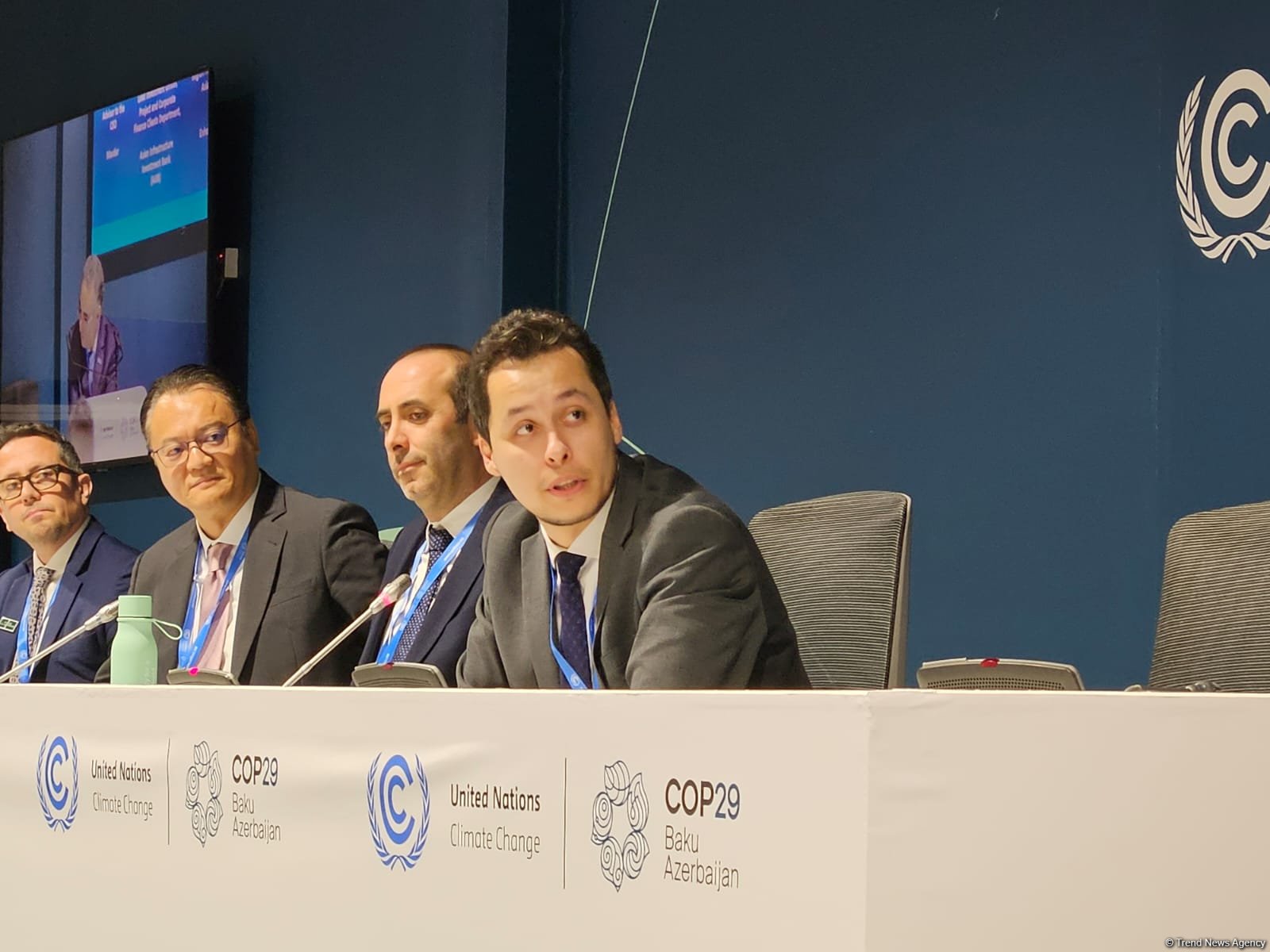South Africa is facing a myriad of energy challenges, compounded by a growing number of both external and internal forces.
Answers to questions regarding our future prosperity are needed, and the North-West University (NWU) is committed to finding sustainable solutions to South Africa’s energy requirements.
One of the answers lies in further research into and the development of our nuclear energy infrastructure.
The NWU’s Faculty of Engineering hosts the DST/NRF SARChI Research Chair in Nuclear Engineering, which is the only research chair in Nuclear Engineering in South Africa.
The NWU is also the only university in South Africa with a PhD programme in Nuclear Engineering. The aim of the chair is to conduct world-class research and contribute to the training of highly qualified nuclear engineers, scientists and technologists to serve the needs of the country.
The principal and vice-chancellor of the NWU, Dr Bismark Tyobeka, is a world-renowned nuclear energy expert, having held the position of CEO of the National Nuclear Regulator (NNR) of South Africa since 2013, and he plays a major role in various initiatives of the International Atomic Energy Agency (IAEA).
He has also served on the IAEA’s International Advisory Committees on Nuclear Safety (INSAG), and as vice-chairperson of both the International Nuclear Regulatory Cooperation Forum (RCF) and the Forum for Nuclear Regulatory Bodies in Africa (FNRBA).
According to him, nuclear energy will play an integral part in South Africa’s energy package, together with coal and renewable energy sources such as wind and solar.
“Nuclear and coal power plants are currently the main generating sources that provide what is called baseload electricity, in other words, units that can generate electricity around the clock, uninterruptedly. That is not the case with other sources such as wind, solar and hydro.”
“I believe we need a balanced energy mix that would include everything. However, in view of South Africa’s international obligations towards efforts to mitigate climate change, we will unfortunately and in due course have to phase out coal as we know it, and hopefully introduce clean coal technologies to reduce emissions.”
Dr Tyobeka, who was recently nominated to serve as South Africa’s representative on the Senior Industry Advisory Panel (SIAP) of the Generation IV International Forum (GIF), goes on to say that a systematic and cautious approach to implementing “new” energy sources is best in order to not disrupt the economies of developing countries:
“There needs to be a gradual and phased approach to transitioning away from coal, while ensuring that such a phasing out does not adversely affect the social and economic well-being of developing countries, especially considering that we still have an abundance of coal reserves in South Africa.”
“If we are to wake up tomorrow and say no coal, imagine how the economy of provinces such as Mpumalanga and Limpopo would be ravaged.”
He is, however, adamant that the importance of investing in nuclear energy cannot be negated.
“The future for nuclear looks good but will require innovative funding approaches, as governments cannot be left alone to carry the risks associated with nuclear power projects.”
“It would bankrupt governments if we do not allow other players to come in and invest in nuclear projects in the form of public-private partnerships.”
“In South Africa, especially with the enormous energy security issues we have faced over recent months, it cannot be argued that nuclear cannot – in the medium to long term – provide a long-lasting solution to our electricity needs.”
Moreover, the well-being of future generations relies upon the energy decisions that are made now.
“Considering that the new plants can operate for up to 80 years, it means that a careful investment in a balanced energy mix, with nuclear firmly part of it, can resolve the energy issues for future generations and boost economic growth.”
“But there are prerequisites to all these, such as establishing a sound framework for public-private partnerships to finance the projects, a strong nuclear regulatory framework, which we fortunately already have, more investment in skills development for both the operation and maintenance of nuclear power plants, and a strong local participation by industries for localisation purposes.”
“We must also have transparent and cost-effective procurement processes in place for a public buy-in.”
In a world where our dependence on fossil fuels is harming our environment, and our current energy infrastructures are struggling to carry the expenditure load, waiting for others to take the initiative will be to the detriment of our shared future. The NWU is addressing this problem, now.
Click here for more information about NWU.
By: Bertie Jacobs





















Discussion about this post